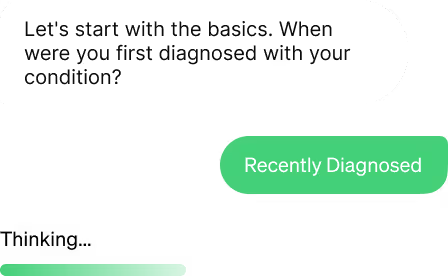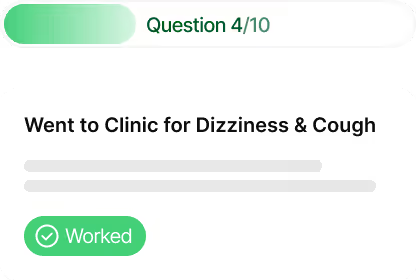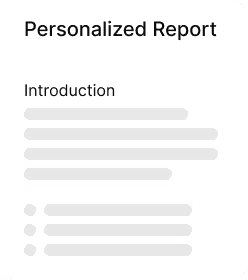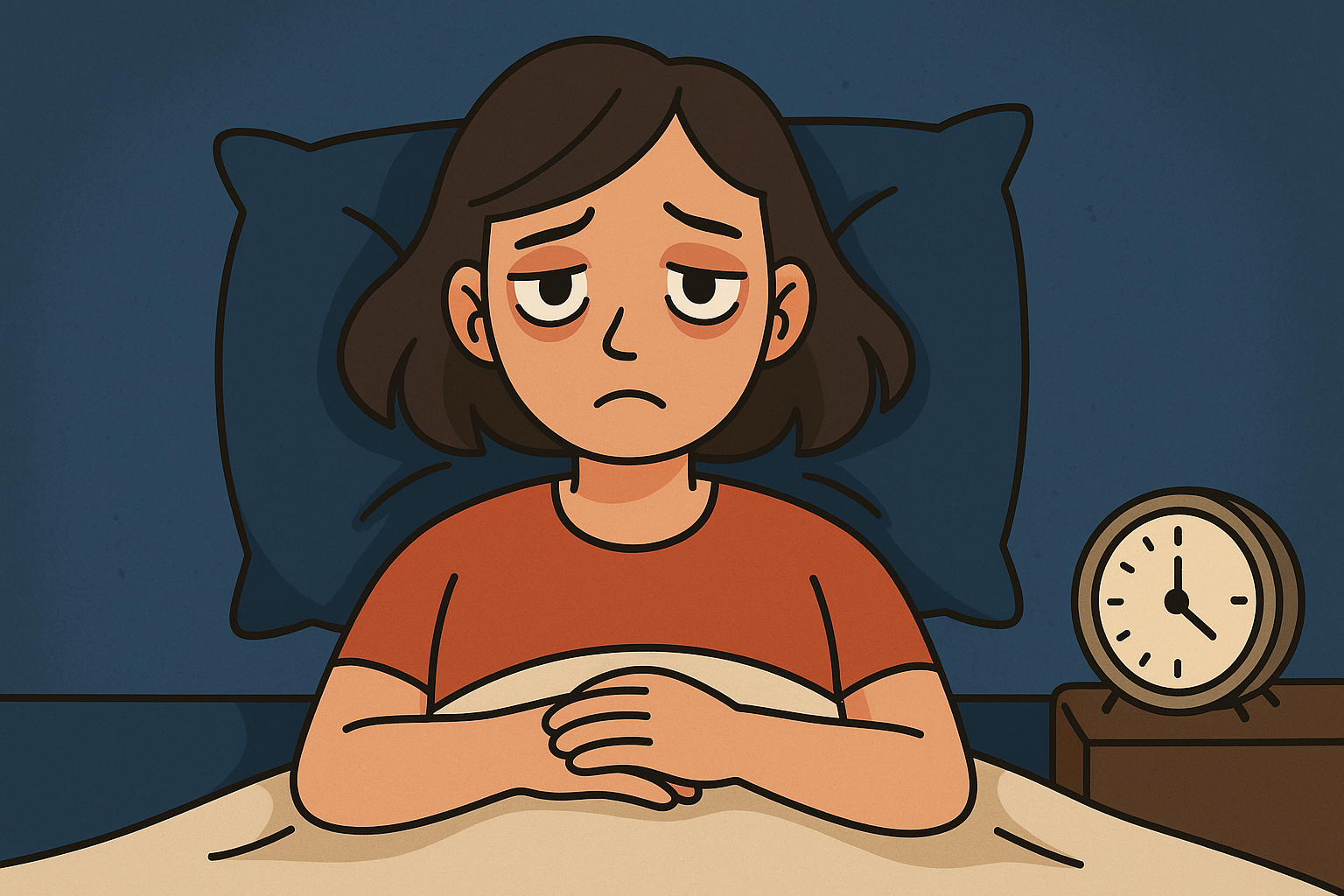Your personal
AI assistant for
Insomnia

.avif)
.avif)
.avif)
.avif)



.avif)


.avif)
.avif)
.avif)
.avif)



.avif)


.avif)
.avif)
.avif)
.avif)



.avif)


Our platform gives you a space to track your sleep patterns, prepare for medical visits, and learn from insights shared by others living with insomnia. Whether you’re exploring new sleep strategies, managing medication changes, or looking for questions to ask your doctor, mama health helps you stay organized and in control of your progress.
You’re not alone in this. mama health is built to walk with you through the ups and downs of insomnia, helping you understand your sleep, reflect on what affects your rest, and advocate for better care.
What is insomnia?
Insomnia is a sleep disorder characterized by persistent difficulty falling asleep, staying asleep, or achieving restorative sleep, despite adequate opportunity and circumstances. It often leads to daytime impairments such as fatigue, mood disturbances, and cognitive difficulties.
Types of insomnia:
- Acute insomnia: Short-term episodes often triggered by life events or changes in routine.
- Chronic insomnia: Occurs at least three times per week and persists for three months or longer.
Common causes:
- Stress and anxiety: Life events or ongoing stressors can interfere with sleep patterns.
- Poor sleep habits: Irregular sleep schedules, stimulating activities before bedtime, and an uncomfortable sleep environment can contribute to insomnia.
- Medical conditions: Chronic pain, breathing difficulties, and gastrointestinal issues can disrupt sleep.
- Medications: Certain prescriptions and over-the-counter drugs can affect sleep.


Unlike other sleep issues that may be triggered by temporary factors like stress or changes in routine, chronic insomnia persists without an obvious cause, making it particularly challenging to address.
Common symptoms include:
- Difficulty falling asleep, despite feeling tired
- Frequent awakenings during the night or waking up too early
- Feeling unrested or fatigued upon waking
- Daytime symptoms such as irritability, mood swings, and difficulty concentrating
- Worry or anxiety about sleep, which can further disrupt rest
How can mama health help?




Developed and supervised by medical experts
What patients are saying
There are so many testimonies and so many people like me.
I hope this platform grows so we can help so many people who feel alone with a disease.
In the end we are many and all together we can fight.❤️"
There are so many testimonies and so many people like me.
I hope this platform grows so we can help so many people who feel alone with a disease.
In the end we are many and all together we can fight.❤️"
Frequently asked questions
The healthcare system is missing a crucial piece—real patient experiences. We bring those voices back into the system, making healthcare truly patient-centric. By connecting data from patients, doctors, hospitals, and research, we help unlock new insights, improve treatments, and turn today’s incurable diseases into tomorrow’s breakthroughs.
- See what works – Learn from others with the same condition and avoid trial-and-error treatments.
- Get a clear health picture – Track your journey, compare with others, and gain deeper understanding.
- Be part of something bigger – Your experience helps improve healthcare and accelerate research.
We use the information shared on mama health to improve treatments and services for all patients. However, we ensure that no one—neither other patients, scientists, nor healthcare companies—can identify you personally.
To request the deletion of your data, simply send an email to support@mamahealth.com.

.avif)

.avif)





